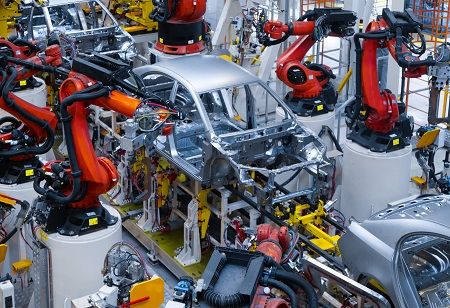
Two people briefed on the matter said China has told its automakers to halt major investments in European countries that support extra tariffs on Chinese-built electric vehicles, a move likely to further divide Europe. The new European Union tariffs of up to 45.3% came into effect on Wednesday after a year-long investigation that divided the bloc and prompted Beijing's retaliation.
Ten EU members, including France, Poland, and Italy, supported tariffs in a vote this month, five members, including Germany, opposed them, and 12 abstained.
Chinese automakers including BYD, SAIC, and Geely were told at a meeting held by the Ministry of Commerce on Oct. 10 that they should pause their heavy asset investment plans such as factories in countries that backed the proposal, said the people.
Several foreign automakers also attended the meeting, where the participants were told to be prudent about their investments in countries that abstained from voting and were "encouraged" to invest in those that voted against the tariffs, the people said.
Geely declined to comment. SAIC, BYD, and the commerce ministry did not immediately reply to requests for comment.
The move by Chinese authorities to suspend some investment in Europe would suggest the government is seeking leverage in talks with the EU over an alternative to tariffs, keen to avoid a sharp fall in EV exports to the key market.
Europe accounted for more than 40% of EVs shipped from China in 2023, according to Reuters' calculations using data from the China Passenger Car Association.
Given 100% tariffs on Chinese-made EVs in the United States and Canada, a drop in EV exports to Europe would risk deepening overcapacity Chinese automakers face in their home market.
We use cookies to ensure you get the best experience on our website. Read more...